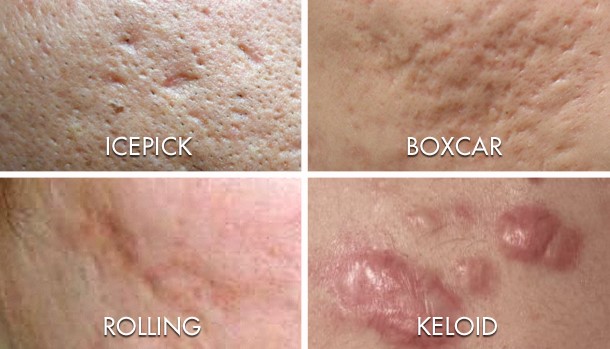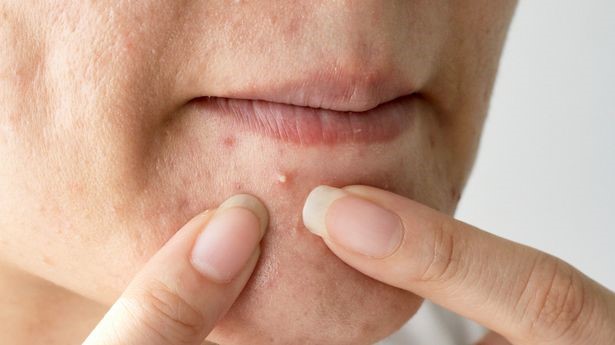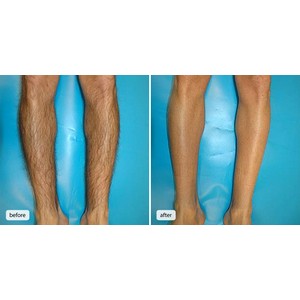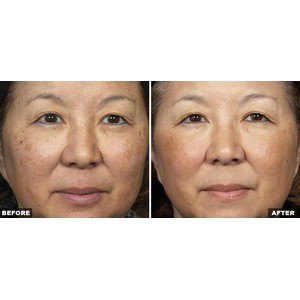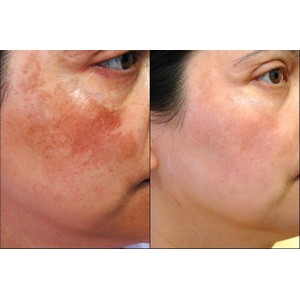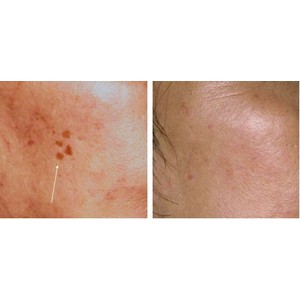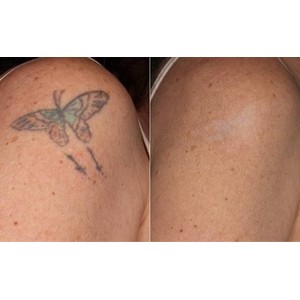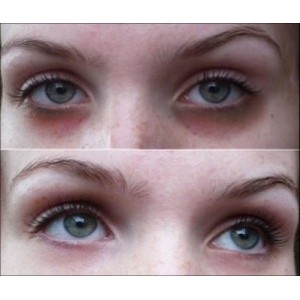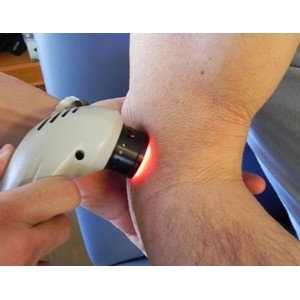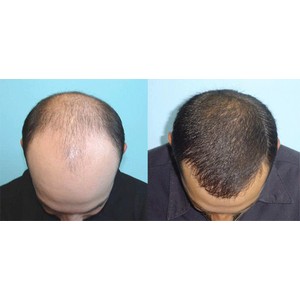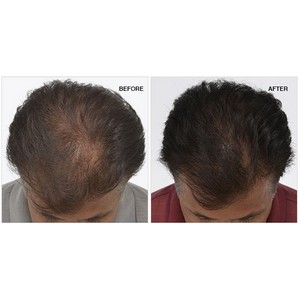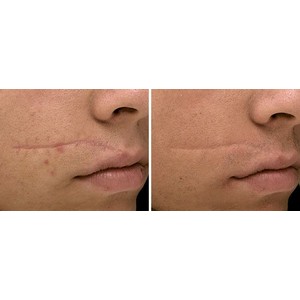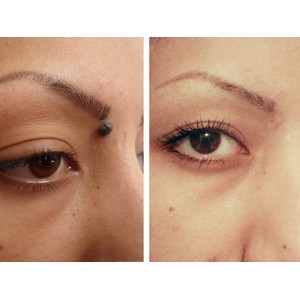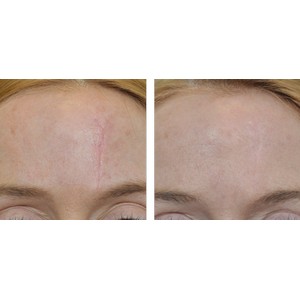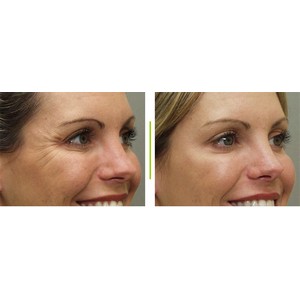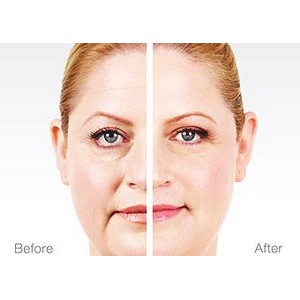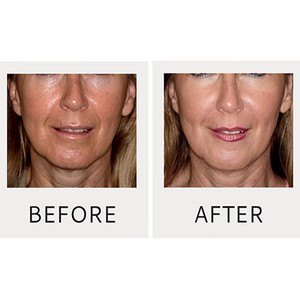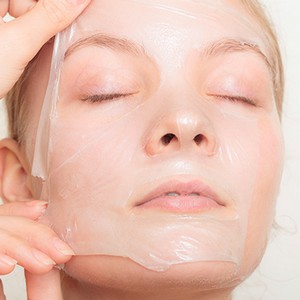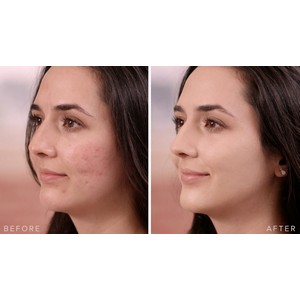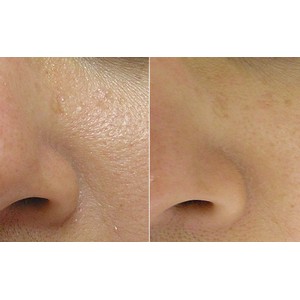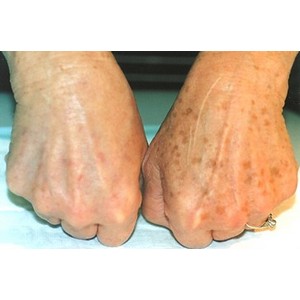Stem cell treatment has seen advancements for many rare and common diseases. Did you know that our bodies have special stem cells that can help repair and regenerate damaged tissues? These cells are potent and can turn into any cell in the body.
Scientists are using stem cells to help reduce the appearance of acne scars and promote the growth of new, healthy skin cells. It is a fascinating development in the field of skincare!
The use of stem cells for acne scars is still an emerging field, and more research is needed to determine the effectiveness of this type of treatment.
You must be excited to know about the new development in acne scar treatment through stem cell therapy. Read on to know the details.
Overview of acne scars
Acne scars are a common concern wherein the skin is damaged during the healing process following an acne breakout.
The inflammation within the dermal layer of the skin caused by acne can damage collagen and elastin, forming scars.
They can cause physical and emotional distress to those affected by them.
Fortunately, there are several treatments to reduce or eliminate them.
You can consult Dr Manas S N, a renowned dermatologist and hair transplant surgeon in Mysore, for effective and advanced acne scar treatments. He offers multiple treatment options that are sure to give you wonderful results.
Types of acne scars
The different types of acne scars include:
Boxcar scars are round or oval-shaped scars with sharp edges and steep sides. They are often found on the cheeks and temples.
Ice-pick scars are deep, narrow scars resembling the marks of an ice pick. They are the most difficult type of acne scar to treat.
Rolling scars have a wave-like appearance and are caused by fibrous bands of tissue that form under the skin’s surface.
Hypertrophic scars are raised scars caused by excess collagen production. They are often found on the chest, back, and shoulders.
Keloid scars are raised scars that extend beyond the original wound. They happen due to excessive collagen production and are more common in people with darker skin tones.
Atrophic scars occur when there is a loss of tissue. They are typically sunken or indented in appearance.
Several treatments are available for acne scars, including topical creams, chemical peels, micro needling, microdermabrasion, laser therapy, and stem cell therapy.
“The best treatment for you will depend on the type and severity of your scars, as well as your skin type and overall health,” says Dr Manas S N, the founder of the acclaimed Reniu Clinic in Mysore.
What are the causes of acne scars?
There are several potential causes for acne scars:
Inflammation: When acne lesions (such as pimples or cysts) become inflamed, they can damage the skin tissue and lead to scarring.
Picking or squeezing: If you pick or squeeze your acne lesions, you can introduce bacteria into the pore, which can cause an infection. It can lead to scarring.
Hormonal changes: Hormonal fluctuations, such as those that occur during puberty, pregnancy, and menopause, can lead to an increase in acne.
Genetics: Some people are more prone to developing acne scars due to genetics.
Skin type: People with oily skin are more susceptible to developing acne and acne scars.
Certain medications: Some medications, such as corticosteroids and lithium, can increase the risk of developing acne.
Poor skincare: If you do not properly care for your skin, it can increase the risk of developing acne and acne scars.
What are stem cells?
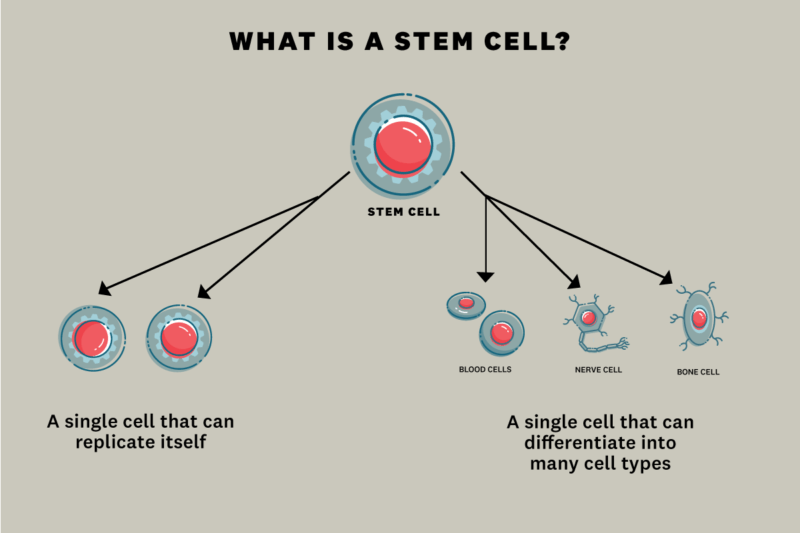
Image Source: https://stemcell.keck.usc.edu/from-restoring-sight-to-reversing-brain-damage-usc-stem-cell-researchers-are-making-life-changing-discoveries/
Stem cells are a type of cell that can develop into many different types of cells in the body.
They are important for tissue repair and maintenance and can potentially be used in medical therapies to treat a wide range of diseases and injuries.
There are two main types of stem cells: embryonic stem cells and adult stem cells.
Embryonic stem cells are derived from early-stage embryos and can develop into any cell in the body.
On the other hand, adult stem cells are found in various tissues and organs in the body and have a more limited ability to differentiate into different types of cells.
Is it possible to eliminate acne scars with stem cell treatment?
There is currently no scientific evidence to suggest that stem cells for acne scars results are outstanding and can successfully eliminate the scars.
While stem cell therapies have shown promise in treating various medical conditions, there is limited evidence to suggest that they can be used to treat acne scars effectively.
Some studies have suggested that stem cells may have the potential to stimulate the production of collagen, which could potentially improve the appearance of acne scars. Still, more research is needed to determine the effectiveness of this approach.
In the meantime, other treatments may be effective in reducing the appearance of acne scars, such as laser therapy, chemical peels, and microdermabrasion.
What is the procedure for stem cells for acne scars?
Stem cell therapy for acne scars involves using stem cells to regenerate damaged skin tissue. A plastic surgeon or a dermatologist typically performs the procedure.
Here is a general overview of the steps involved in the procedure:
- The treatment area is numbed with a local anesthetic to minimize discomfort.
- The stem cells are harvested from the patient’s fat or bone marrow.
- The stem cells are then processed and prepared for injection.
- The stem cells are injected into the acne scars using a fine needle or a micro-needling device.
- After the procedure ,the patient may experience swelling ,redness, and tenderness in the treatment area. These side effects should resolve within a few days.
- The patient will typically need to return for follow-up appointments to monitor the progress of recovery with treatment.
What are the benefits and risks of stem cell for acne scars?
There are a few potential benefits of using stem cells for the treatment of acne scars:
- Stem cells can regenerate damaged tissue, which may help improve the appearance of acne scars.
- Stem cells may stimulate the production of collagen, a protein that helps strengthen and repair skin.
- Stem cell treatments may be less invasive than traditional treatments for acne scars, such as dermabrasion or laser resurfacing.
However, there are also some potential risks associated with the use of stem cells for the treatment of acne scars:
- Stem cell treatments are still experimental, so their long-term safety and effectiveness are unknown.
- There is a risk of infection or allergic reaction with any medical procedure, including stem cell treatments.
- Following stem cell treatments, there is a risk of side effects, such as swelling or redness.
- Stem cell treatments can be expensive.
Who is the right candidate for stem cell for acne scars?
Stem cell therapy is a promising treatment for acne scars, but it is not suitable for everyone.
The best candidates for stem cell therapy for acne scars are individuals with mild to moderate acne scarring, which has not had success with other treatments.
It is vital to have realistic expectations about the results of stem cell therapy and discuss the potential risks and benefits with a qualified dermatologist.
Additionally, people who are pregnant, breastfeeding, or have certain medical conditions may not be suitable candidates for stem cell therapy.
Which type of acne scars are treated with stem cells?
Several types of acne scars may be treated with stem cells, including atrophic scars, keloid scars, and scars resulting from cystic acne.
Atrophic scars are characterized by a loss of collagen, which can result in indentations in the skin.
Keloid scars are raised, red or purple, that may be itchy or painful.
Scars resulting from cystic acne are deep, painful, pus-filled lesions that can leave significant scarring when they heal.
Stem cells may help repair and regenerate the skin, reducing the appearance of these types of scars.
What is the result of stem cell for acne scars?
Using stem cells for acne scars is a relatively new and experimental treatment option. According to some studies, stem cells have the potential to regenerate damaged tissue and may be effective in reducing the appearance of acne scars.
However, more research is needed to determine the effectiveness of stem cell therapy for acne scars and to establish the appropriate dosage and administration of stem cells.
It is important to note that stem cell therapy is not yet widely available and is not a proven treatment for acne scars.
What is the success rate of stem cell for acne scars
There are currently no widely accepted stem cells acne scar repair results.
Some studies have reported promising results for using stem cells to treat acne scars, while others have not shown significant improvements.
Suppose you are considering stem cell treatment for acne scars. In that case, you can consult Dr. Manas S N, an expert dermatologist in Mysore at Reniu Clinic, to determine the most appropriate treatment option for your needs.
He will be able to provide you with more information about the potential risks and benefits of stem cell treatment and help you make an informed decision.


